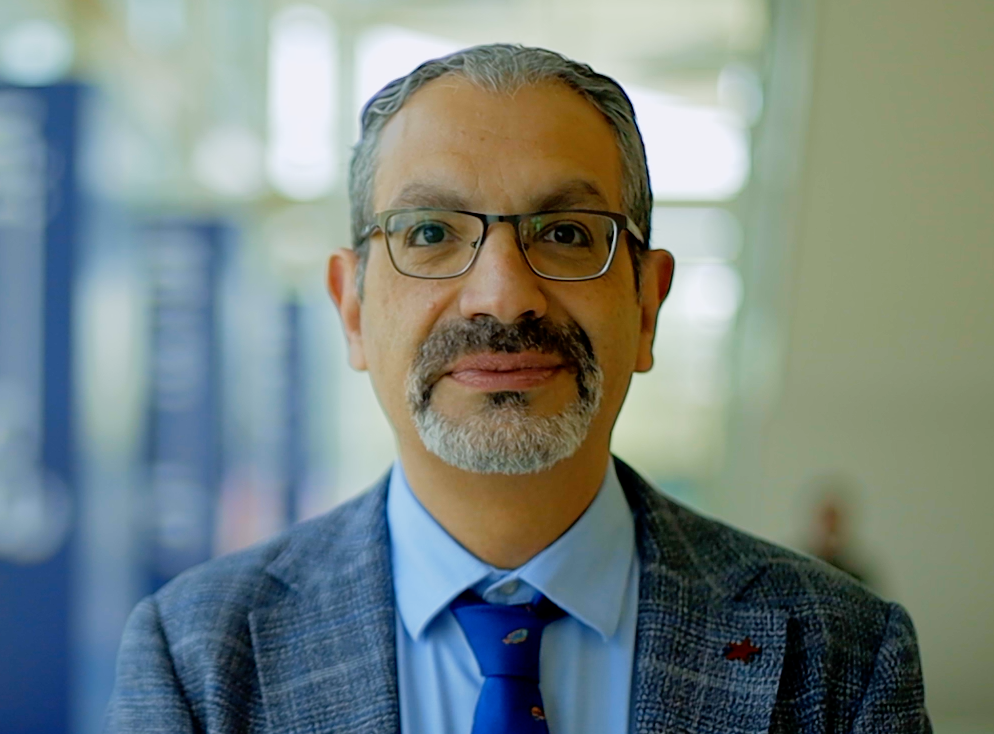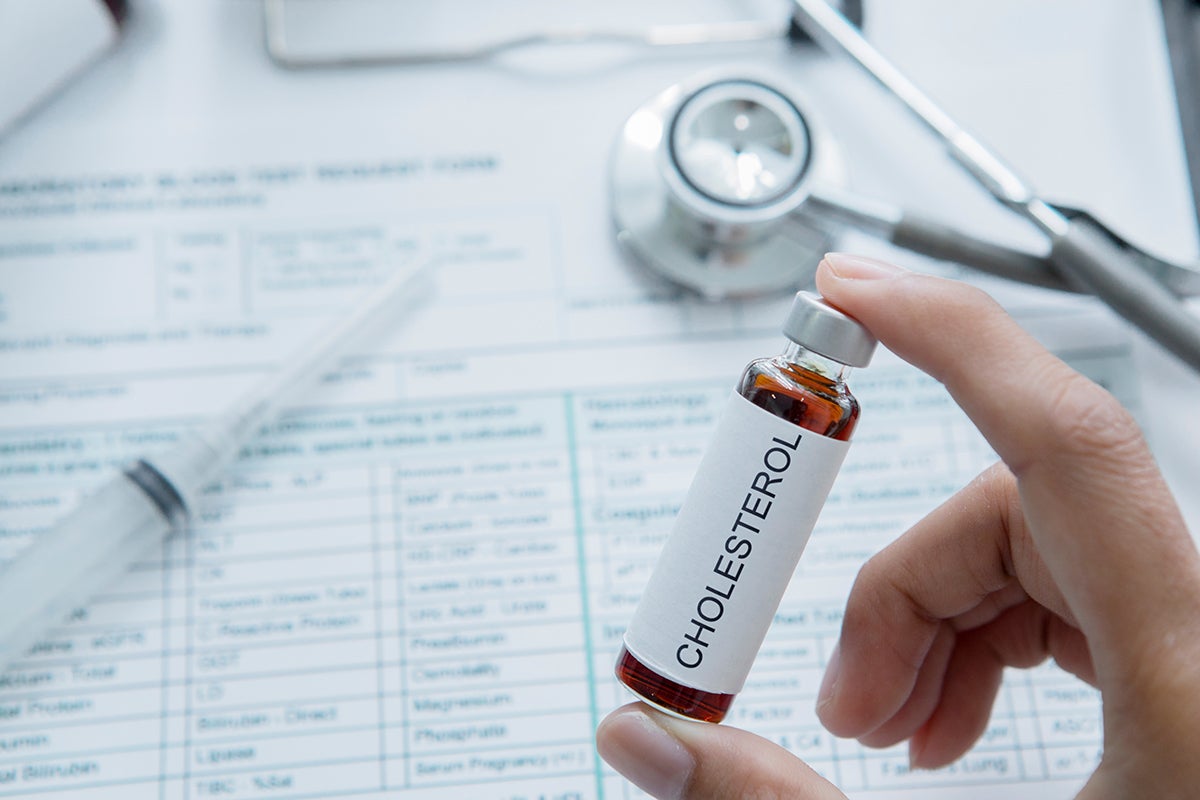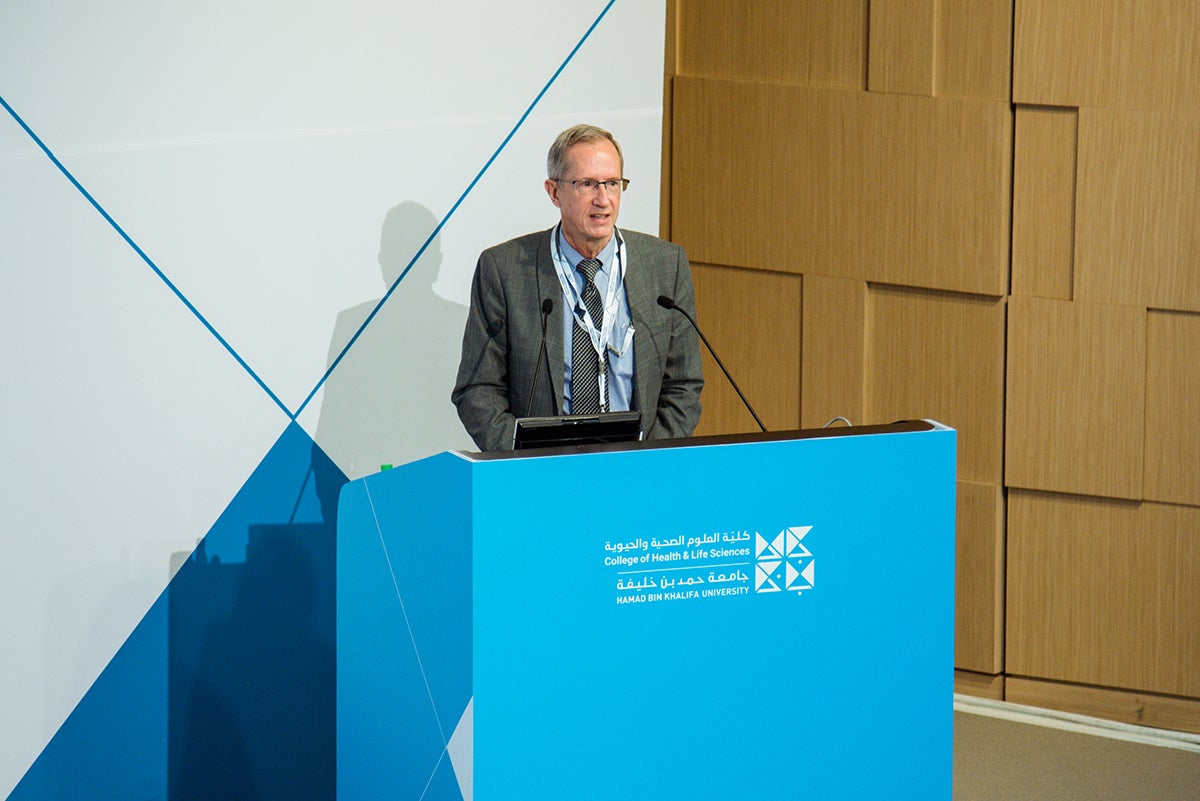By Dr. Nathan Townsend

The ongoing coronavirus (COVID-19) pandemic has led to an unprecedented public health crisis in modern times. The virus is demonstrated to be highly contagious and presents serious dangers to human health, particularly for the elderly and those suffering from underlying chronic illnesses.
Therefore, strict social distancing measures and travel restrictions have been implemented all over the world to slow down the spread of the virus. The consequences of these measures have had major impacts on the global economy and social interaction. Uncertainty over the future trajectory of the spread of COVID-19, the economy, and financial security has created a difficult situation for people all over the world and this is compounded by mass home confinement.
Being forced to stay at home, work from home, do home‐schooling, minimize outings, reduce social interaction or work longer hours can all lead to heightened levels of anxiety and psychological stress.
A Chinese study surveyed 1,210 people during the initial phase of the COVID-19 outbreak. More than half of the respondents rated the psychological impact of the crisis as moderate-to-severe, and about one-third reported moderate-to-severe anxiety. While there have been no scientific studies on the specific impact of COVID-19 on sleep, there have been various anecdotal reports of diminished sleep quality on social media.
The association between psychological stress and sleep quality has been examined in various studies. In general, day-to-day variations in stress levels have been shown to affect markers of sleep quality including sleep duration, sleep efficiency, and number of awakenings. In addition, studies of major stressful life events (such as exams or becoming unemployed), or traumatic events have also been shown to negatively impact sleep quality.
Sleep itself is a complex psychophysiological process. Good quality sleep consists of more, and longer unbroken periods of deep sleep (stage III and IV sleep) and is necessary for both physical and mental recovery. The body’s circadian rhythm is mostly governed by variations in light exposure throughout the day and night over a 24-hour period, but other factors, such as mealtimes, diet and exercise can also affect it. After sunset, when natural levels of light exposure are absent, melatonin release is elevated. This hormone assists in inducing drowsiness, which enables us to sleep effectively.
A common disruption to the normal 24-hour circadian rhythm occurs for example, during international travel which traverses multiple time zones. Therefore, it has been suggested that strategies which effectively regulate melatonin release may assist in stabilizing the body’s circadian rhythm and improve overall sleep quality.
There are a variety of safe and simple strategies which have been shown to be effective at enhancing sleep quality. These mostly involve improving what is referred to as “sleep hygiene” via behavioral modifications, and secondly by participation in physical activity. A systematic review of the effect of exercise on sleep quality revealed an overall positive effect.
In general, the length of stage III/IV “deep” sleep is increased. Due to the variety of different exercise interventions that have been examined, a consensus has not yet been reached on specific exercise guidelines, with the exception that vigorous exercise should be avoided later at night prior to bedtime.
However, a general recommendation for exercise is to include at least 150 minutes per week of moderate-intensity aerobic activity such as brisk walking, and/or 75 minutes or more per week of vigorous-intensity activity such as jogging, cycling, swimming, or aerobics. Resistance exercise, strength-endurance training and yoga, particularly targeting large muscle groups such as the legs or whole body exercise, is also highly recommended.
Not only is exercise likely to improve sleep, but it is well established of course, that exercise is highly beneficial for overall health. There is a dose–response relationship between the duration of weekly physical activity and prevention of multiple chronic diseases including type II diabetes, cardiovascular disease, obesity, and hypertension.
The health benefits of exercise are generally curvilinear in nature and are observed with relatively minor volumes of physical activity. This is good news because it means that “something is better than nothing”, even if it is challenging to complete 150 minutes per week.
Behavioral interventions that are suggested to maintain a regular circadian rhythm and improve sleep hygiene include the following recommendations:
- Obtain some exposure to natural light during the day. Be cautious of the high daytime temperatures in Doha during summer though. Morning daylight is recommended.
- Darker bedrooms improve sleep quality. Try to block out as much light as possible; use heavy curtains, for example. This applies particularly to Doha because the sunrise occurs “early” relative to the average daily routine, for geographical and cultural reasons.
- Try to maintain a regular daily routine involving going to bed and waking at approximately the same time each day. This is especially important for young children.
- Spend some time during each day practicing “mindfulness”. This involves de-stressing activities such as meditation, listening to music, practicing music, doing artwork, reading a book, or other relaxing activities (but not sleeping).
- Avoid long duration daytime naps. If you must nap, keep these short (less than 30 minutes) and during a natural dip in wakefulness (this occurs around 1-3 pm in most people).
- Avoid too much “screen time” directly in front of computer monitors, smartphones and tablets. This becomes more important later at night and especially avoid reading from your smartphone immediately before bedtime.
- Eat a healthy balanced diet. Avoid junk food, especially processed sugary food, late at night.
- Last but not least, avoid reading too much ‘doom and gloom’ news reports about COVID‐19. Stay positive and focus on the things you can control, such as the guidelines mentioned above.
Dr. Nathan Townsend is an Assistant Professor of Exercise Science at the College of Health and Life Sciences, part of Hamad Bin Khalifa University
This article is submitted on behalf of the author by the HBKU Communications Directorate. The views expressed are the author’s own and do not necessarily reflect the University’s official stance.










